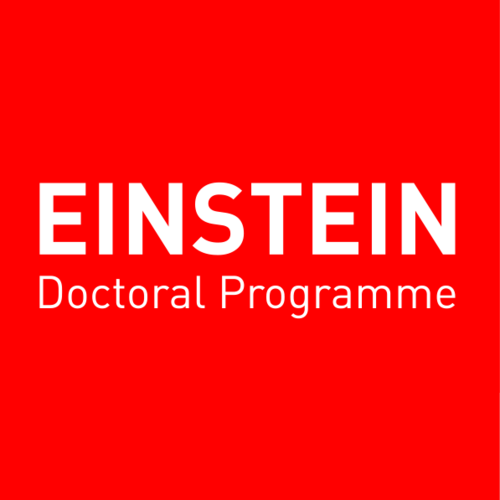Maximilian Klose
Alumnus
14195 Berlin
Why They Gave: CARE, the American Public, and US-German Relations in the Postwar Era
Dissertation in History
Mentoring team:
First supervisor: Prof. Jessica Gienow-Hecht
Second supervisor: Prof. Arnd Bauerkämper
Third supervisor: Dr. Brian Etheridge
The Cooperative for American Remittances to Europe (CARE) formed in the wake of World War Two to provide desperately needed aid to the devastated European continent. Of all recipient countries, none received more donations than occupied Germany. The iconic CARE packages, filled with all kinds of popular US products, found their way into everyday language and became an integral part of German collective memory of the postwar era.
But why would Americans provide more aid to Germany than to all western European countries combined? What made aiding the former enemy so much more appealing than supporting a former ally? My research investigates donor motivations and shows how much the decision to provide humanitarian aid depends on national identification, public discourse, and memory cultures. In their support to Germany’s needy, Americans deliberated their country’s newfound position as a global hegemon and established their own act of giving within cultural traditions of consuming and sharing, coupled with political responsibilities to reshape and protect the US sphere of influence. As the ideological battle ground of the early Cold War, Germany became the blueprint for the applicability and success of the American way of life as a model for the world.
Within this discourse emerged CARE as a way for “ordinary” citizens to partake in international politics from the comfort of their own home. Yet a desire for political participation alone does not suffice as an explanation for such massive humanitarian engagement. After all, why would Americans want to partake in foreign relations and what did they gain from spending money on behalf of strangers in distant lands? Their engagement therefore not only reveals a public understandings of humanitarian aid as an expression of political agency, it also illustrates processes of understanding the “self” through the juxtaposition of and engagement with an “other”. This “self” resulted from a diverse set of introspections of perceived national values, cultural practices, and modes of community identification. CARE was American self-affirmation through international engagement.
My project thus contributes to a growing body of research on humanitarianism in international relations that sheds light on hitherto neglected domestic dynamics of this foreign engagement.




